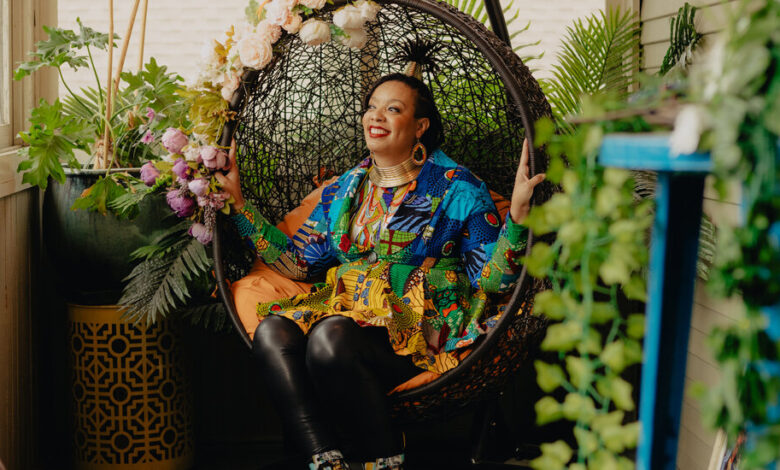
[ad_1]
You started Emma’s Torch, a network of restaurants and temporary locations in New York and soon to be in Washington, D.C., to provide culinary training to refugees to help them build new lives in their adopted communities. Why?
As the daughter of South African Jewish immigrants and the great-granddaughter of Holocaust survivors from Lithuania, we’ve seen the worst in humanity and what can happen when people turn a blind eye to refugees. I’ve always felt that we have a huge privilege and responsibility to make the world a better place.
Why did your activism revolve around the restaurant industry?
I saw food as a powerful vehicle for giving on-the-job training in a real-world setting that generates income to offset the program. And with the restaurant industry accounting for an estimated 8 to 10 percent of all jobs in New York City, we saw training in this field as an entree to long-term employment opportunities in restaurants owned by our industry partners, all of whom are eager to invest in our students.
How does your program work?
Every full-time staff member at Emma’s Torch teaches our students vital culinary skills while ensuring the quality and consistency of our menu items, which we describe as “familiar dishes with a global twist.” Students are with us for 440 hours — 11 weeks — and receive full-time wages. Upon their graduation, they get the opportunity to create a dish for their celebration, some of which end up on our menu. Teaching students about different ingredients and kitchen equipment also helps them learn English, a result that’s both delicious and accomplishes our larger goals.
How many refugees have come through your program?
To date, we’ve worked with 305 refugees from 42 different countries, including Ukraine, Afghanistan, Venezuela, Myanmar, Ghana and Haiti, creating more than $700 million of increased wages (measured by how much more they’re earning after graduation than before). We seek out students who want to enter the work force, have clear goals and have work authorization and, while not all graduate, we’ve had so many success stories. Among them: A Syrian student who graduated in 2018 and recently fulfilled his dream of opening his own restaurant; we brought our entire current class to visit and celebrate. Our students reflect the current microcosm of world events; for example, we’ve recently seen an influx of refugees from Afghanistan as well as from Venezuela following the humanitarian and economic assistance made available to Venezuelan refugees in the United States this year.
Source link




